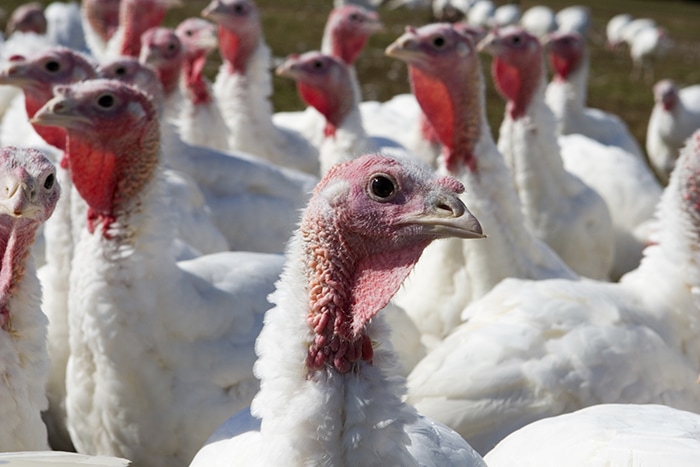European Retailers Are Not Opposed to Kosher Shechitah

It is well-known that in recent years a number of European states have been challenging the traditional Jewish method of animal slaughter. Animal rights activists are pushing legislation that would require that animals be stunned by an electric shock just before being slaughtered – which is forbidden by Jewish law. In 2014 Denmark passed a law to this effect, which effectively forbade kosher slaughter in that country.
At the request of the RCE’s presidium, director Rabbi Menachem Margolin (who is also the director of the European Jewish Association – EJA) discussed this issue with the heads of the European Union, including the commissioner who is responsible for such matters, as well as with his counterpart in Great Britain. All of them declared that they would take no action to pass laws forbidding either kosher slaughter or Muslim halal slaughter until the results of the EU’s survey were published.
When these results were made public, they revealed that only 2 percent of the population takes into consideration the manner of an animal’s slaughter when choosing to purchase meat. As reported, “Not one of those who were surveyed even mentioned (without being prompted) that he/she cared about whether the animal experiences pain while being slaughtered, when deciding which meat to purchase.”
The survey also found that “according to the vast majority of the consumers, finding out whether an animal is stunned before being slaughtered is not an issue…and there is no indication that consumers would take this into consideration, even if the meat were clearly labeled with this information.”
The EJA and RCE were quite pleased with the results of the survey. Rabbi Margolin remarked, “This is an important step in ensuring that the Jewish communities will be able to continue the practice of kosher shechitah without fear of discrimination.” He pointed out that the survey supports the long-standing position of the EJA, and he emphasized that many people are unaware that kosher shechitah is in fact quite humane.
The rabbis of the RCE’s presidium, who were apprised of the survey’s results by deputy director Rabbi Aryeh Goldberg, likewise expressed their satisfaction. In a telephone meeting, the rabbis encouraged the RCE’s directors to continue the struggle against anti-shechitah legislation and to ensure that every government in Europe will continue to permit kosher slaughter.
The EU commissioner who deals with such issues informed Rabbi Margolin that his committee intends to continue its investigation and then to formulate a clear position. In response, Rabbi Margolin called upon the representatives of the EU to act with caution and not to take any steps that would malign kosher slaughter, giving the impression that it contradicts our obligation to treat animals in a humane manner.
“For Europe’s Jewish communities, such accusations can be very harmful and can wield great influence,” Rabbi Margolin explained. “Europe’s Jews already face enormous pressure with the rise in anti-Semitic acts in a number of countries. Of course, we must all respect the consumers’ right to know what is in the food they purchase. The law requiring manufacturers to list ingredients on each food package is certainly just. Nevertheless, the recent call by a number of governments for distributors to label products with the particulars of whether or not the meat was slaughtered according to kosher standards raises the suspicion of ulterior motives. History has demonstrated that such calls have been harbingers of mass bloodshed.”

